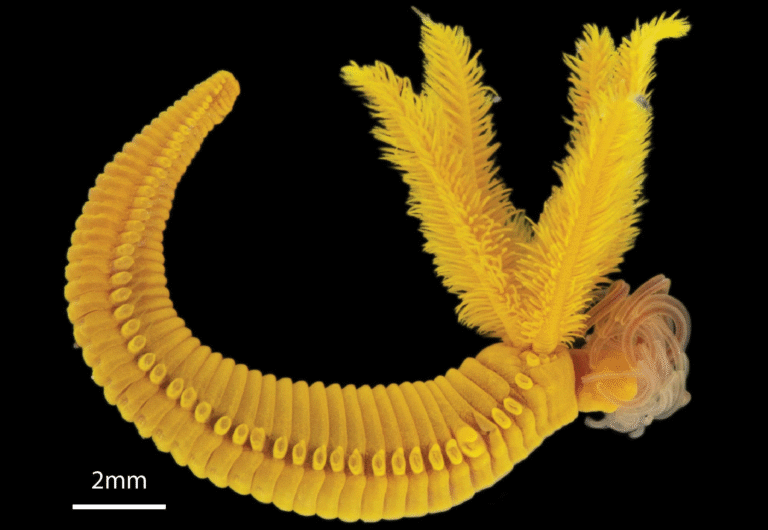Could Your Nose Be the Earliest Clue to Alzheimer’s?
Imagine this: your sense of smell starts to fade, long before your memory ever does. While it might seem like just another sign of aging, scientists now believe it could be one of the earliest warning signs of Alzheimer’s disease—and they’ve just discovered why.
A team of researchers from DZNE and LMU Munich has uncovered a fascinating new piece of the Alzheimer’s puzzle. Their latest study suggests that the brain’s own immune cells may be to blame for early smell loss—triggering a chain reaction that could kickstart the disease before any memory symptoms show up.
Let’s explore how your nose might just be sounding the first alarm bell in Alzheimer’s.
The Surprising Role of the Brain’s Immune System
Our sense of smell depends on a complex connection between two brain regions: the olfactory bulb (which processes smell) and the locus coeruleus (a brainstem area that helps regulate it). These regions are linked by long nerve fibers that help us interpret scents.
But here’s the twist—researchers found that in early stages of Alzheimer’s, these nerve fibers are getting dismantled, not by external factors, but by microglia, the brain’s own immune cells.
What prompts these cells to turn destructive? It turns out the nerve fibers begin to emit an “eat-me” signal, tricking microglia into thinking they’re damaged and need to be removed. This signal is caused by a lipid molecule called phosphatidylserine, which flips from the inside to the outside of the cell membrane—a known marker that attracts microglia for cleanup duty.

From Mice to Humans: A Trail of Evidence
The research didn’t just stop with brain tissue from mice. The scientists also studied human brain samples and performed PET scans on individuals with Alzheimer’s or mild cognitive impairment. Across the board, they saw a consistent pattern: immune-driven pruning of these scent-related nerve connections was taking place early—before memory problems ever appeared.
What’s more, when researchers blocked this immune response in mice, the nerve fibers were preserved—and so was their sense of smell. This raises a tantalizing possibility: could we one day prevent Alzheimer’s by stopping this process early?
Why This Could Be a Game-Changer
We already know that a reduced sense of smell can show up years before Alzheimer’s is diagnosed. But until now, we didn’t fully understand why.
This new study helps fill in that gap, revealing a biological mechanism behind the symptom. And that’s a big deal—because today’s treatments, like amyloid-beta antibodies, work best early in the disease. The challenge is figuring out who needs treatment before their memory begins to fade.
By identifying individuals with early smell-related changes and this type of immune activity, doctors may soon have a new tool for early detection. Think of it as catching the fire while it’s still just smoke—before the flames spread.
Looking Ahead
Of course, this discovery doesn’t mean everyone who can’t smell their morning coffee is on the road to Alzheimer’s. But it does suggest that smell tests, combined with brain imaging and other biomarkers, could become a valuable early screening method.
It also highlights the surprising role of microglia in the disease—not just as bystanders, but as potential early players. And by targeting these immune cells or the “eat-me” signals they respond to, we might be able to delay or even prevent the onset of Alzheimer’s symptoms.
This research opens a new frontier in our understanding of the disease—and it all starts with something as simple as your sense of smell.
Source: DOI: 10.1038/s41467-025-62500-8





